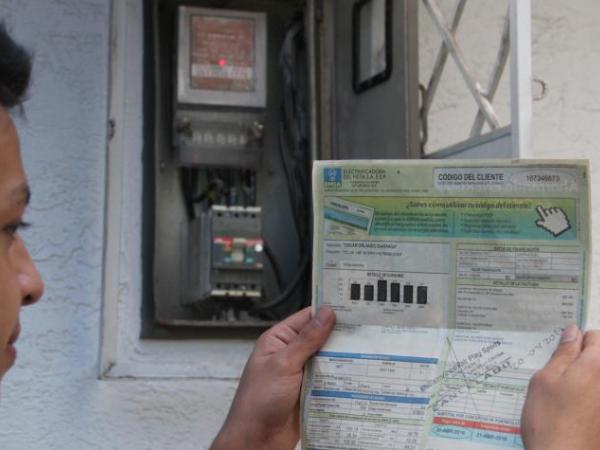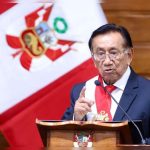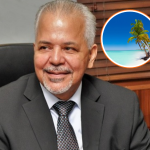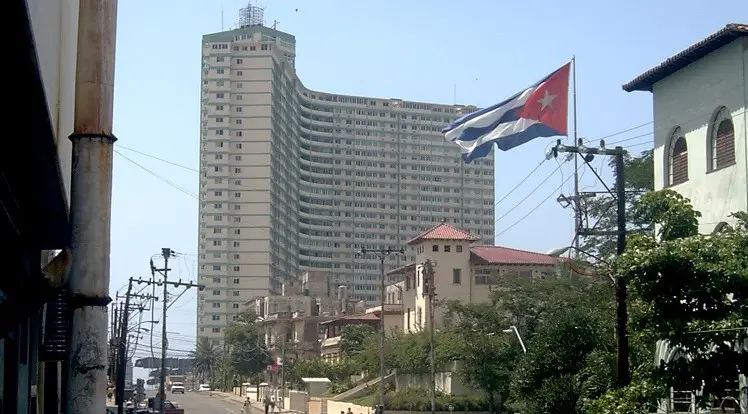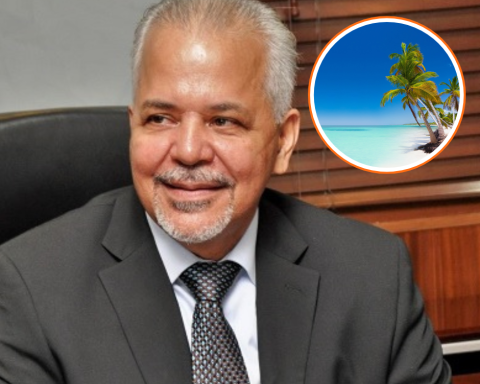On January 27, President Gustavo Petro announced that will assume control in what has to do with the management of residential public services in the country.
“This President has decided not to delegate his functions to the public service regulation commissions, at least for a while. So, I am going to assume control, the general administration policies of Colombia, directly and personally, based on what the Law itself says: first, the general interest and that of the user”, said the Head of State.
(In context: Petro said it will take control of regulation of public services).
The regulations on which the president relied is the article 370 of the Constitution and article 68 of Law 142 of 1994, as mentioned in a discussion held with regional leaders in Duitama (Boyacá).
The law establishes “the regime of home public services and other provisions are issued.”
punctuallyand article 68 of the regulations expone: Delegation of presidential functions to the Commissions. The President of the Republic will indicate the general policies for the administration and control of the efficiency of residential public services, entrusted to him by article 370 of the Political Constitution, and of the others to which this Law refers, through the commissions of regulation of public services, if you decide to delegate them, under the terms of this Law.
The norms of this Law that refer to the regulation commissions will be applied if the President decides to delegate the aforementioned function; otherwise, The President will exercise the functions that here are attributed to the commissions“, specifies the standard in question.
(Also: The explanation given to Petro about the rise in energy prices).
This is not the first time that the president has spoken about assuming certain functions of the Energy, Gas and Fuel Regulation Commission (Creg). He also did it on September 9 during the Andesco Annual Congress. In that opportunity He supported his intention in article 290 of the PND 2018-2022 law.
After the president’s announcement, criticism and questioning of the proposal did not take long. The executive director of Andeg, Alejandro Castañeda, stated that this announcement puts at risk “the confidence that regulation has generated so that investments can be made” in the sector, since companies invest in generation because they trust and believe in regulation. Therefore, decisions such as the ones that Petro intends to make can stop these resources.
(Keep reading: Petro accepts the resignation of the Vice Minister of Energy).
For his part, Camilo Sánchez, president of Andesco, said that “the worst thing that can be done (President Petro) is to make dictatorial decisions that are not in light of the law.” And he added that a possible price control “would be an unprecedented setback for the country” and that it would fail with the economic law of supply and demand.
BRIEFCASE
With information from EL TIEMPO*
